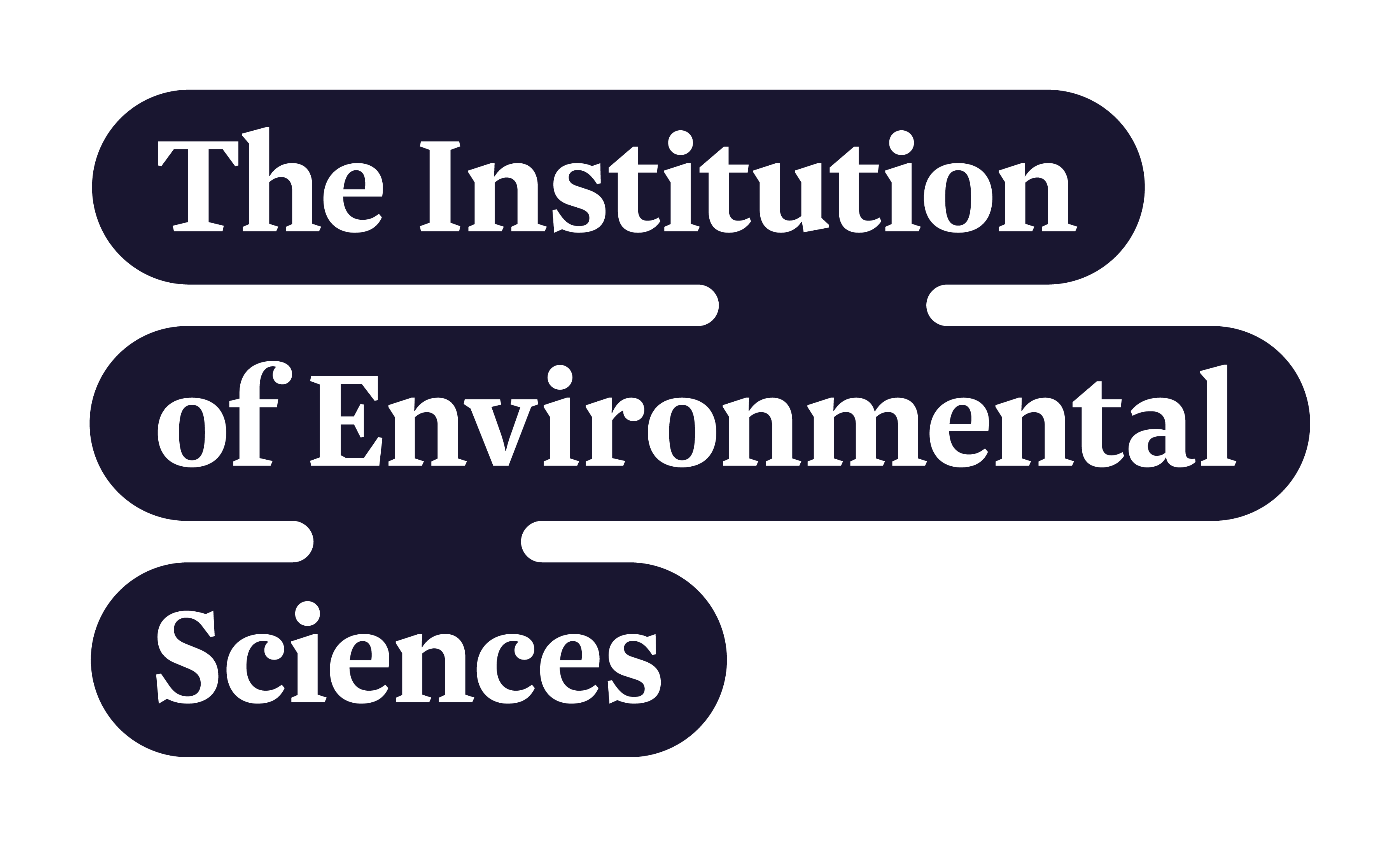Policy Update January 2015
Skills
The All-Party Parliamentary Group for Skills and Employment has published a manifesto for the UK skills system. The cross-party group’s vision calls for employers and employer bodies to place a greater commitment to education and training for employees; provide greater support for small and micro-businesses to take on apprenticeships; and devolve greater responsibility for skills policy to local and regional bodies. The manifesto also calls on professional bodies to work with employers, colleges and skills providers to “develop and promote learning pathways that encourage diversity and widen access to professional careers”.
The National Audit Office (NAO) has expressed concerns that the forensic science regulator does not have adequate powers to enforce laboratories to comply with quality standards. The briefing for the House of Commons Science and Technology Select Committee suggests that many forensic science services are not working towards accreditation for their services, and states that the regulator is concerned that accreditation is seen by many laboratory services as a costly burden. The NAO also found no date available on the number of qualified forensic professionals. The Committee’s 2013 inquiry into the Forensic Science Service expressed satisfaction that its transition to outside providers was well managed with regards to the maintenance of quality standards, and that forensic work was not transferred to unaccredited providers.
The Government's plan to keep the majority of young people in education or training up to 18 has not been successful, according to a report on 16-18 year old participation in education and training by the House of Commons Public Accounts Select Committee. The report says that the success of the Youth Contract programme has been limited, and careers advice remains patchy across the UK with many local authorities not equipped to track the destination of many young people. The report welcomes the Government's commitment to providing longer and better apprenticeships but says that greater support is needed for small businesses so they can also offer quality apprenticeships.
The latest data from the Skills Funding Agency (SFA) has shown that a number of large employers have failed to provide the number of 16 to 18 apprenticeships previously allocated. Employers such as British Gas and Sheffield City Council received far less than their initial financial allocation from the SFA because they were unable to recruit enough apprentices through the programme. The most recent data available from the Government about the further education sector shows that there is almost a complete absence of science apprenticeships. In the year 2013/14 there were only 120 science apprenticeship completions in England compared to over 37,180 in engineering and manufacturing in 2012-13.
Careers and Diversity
A cross-Europe study by the Institute for Public Policy Research on helping women and mothers back into work argues that flexible work practices can result in higher rates of employment and provide a better match between qualifications and job skill levels. The study found a significant demand for a larger range of flexible working options among working women, and found that increasing employer control over scheduled work hours can be associated with an increased female employment rate. However the study also found that greater concentration of part-time work below senior-level jobs may increase the tendency for women to work in roles below their skill level.
Science minister Greg Clark has criticised the lack of diversity in senior positions across science institutions including learned societies. Speaking at the Campaign for Science and Engineering cross-party debate, he said that a culture change is needed in the science community achieve the levels of diversity that other areas of public life have already achieved. The shadow science minister Liam Byrne agreed, adding that the UK hasn’t created a “proper meritocracy” in science. The Science Council is aiming to address this issue through its Diversity, Equality and Inclusion project by raising the profile of the importance of diversity as an issue of concern for professional bodies. Contact Nicola Hannam for more details about the project.
Young people are still not receiving adequate careers information and advice, according to a report by Youth Employment UK. The survey of 131 young people found that information and advice provided on post-16 career pathways beyond university were almost non-existent. Of the young people that took part, none were advised about traineeships; 24% were given advice about university courses, 9% were advised on post-GCSE study placements outside their current institute, and 7% were advised on apprenticeships. The report calls for making careers education and work experience compulsory and ensuring greater coverage of alternative career pathways including apprenticeships, vocational learning and enterprise education.
Higher Education
A study into monographs and open access by the Higher Education Funding Council for England has concluded that there are benefits to extending open access to monographs. It had been proposed by the Finch Report and others that monographs and other long-form publications be excluded from any new policy for open-access in the post-2014 Research Excellence Framework. The study suggests that open access needs to accommodate monographs and other similar publications as they are important components of academic research and scientific communication.
Hefce has agreed to lend financial support to a new shared service that will help authors and universities comply with open access policy for the next Research Excellence Framework. Hefce has commissioned the Centre for Research Communication and the University of Nottingham to consult on the development of the new service, its requirements and timetable.
The higher education funding councils across England, Wales and Northern Ireland are seeking views on future approaches to quality assessment of higher education. The funding councils are keen to hear views on the accreditation process of professional, statutory, regulatory and other awarding bodies to provide assurances regarding standards and comparability. The deadline to respond is 27th February 2015.
Other News
The Council for Science & Technology has launched a project aimed at understanding better how the UK’s research community defines itself and the links that exist between and across research disciplines. The project includes an online consultation, primarily designed for researchers to provide information about their work, i.e. position, research interests and collaborators; their perceptions of how their research area(s) fit within the broader research landscape and with different disciplines and the main pieces of research infrastructure in their areas of expertise. The consultation can be completed at www.ukknowledgelandscape.co.uk.


